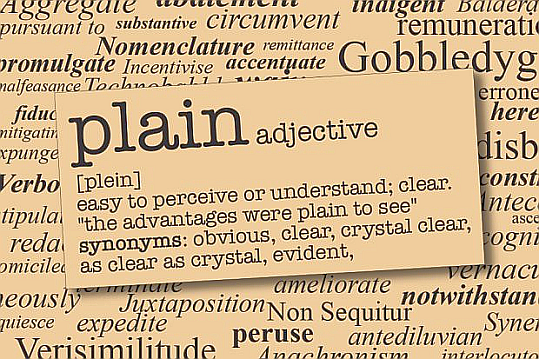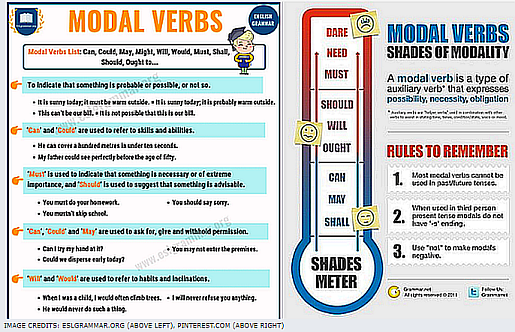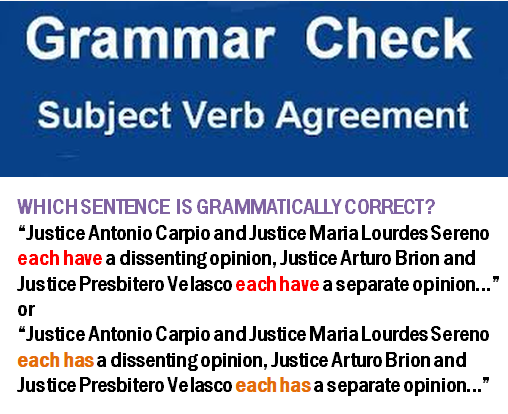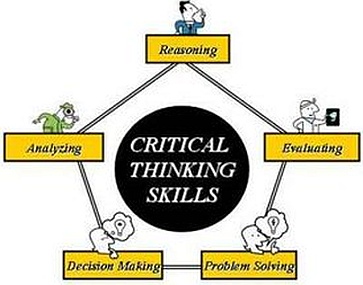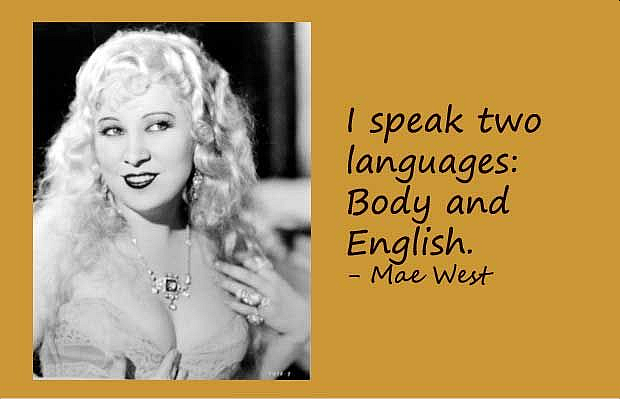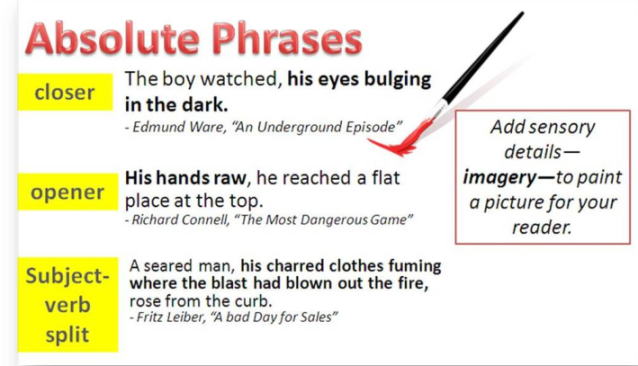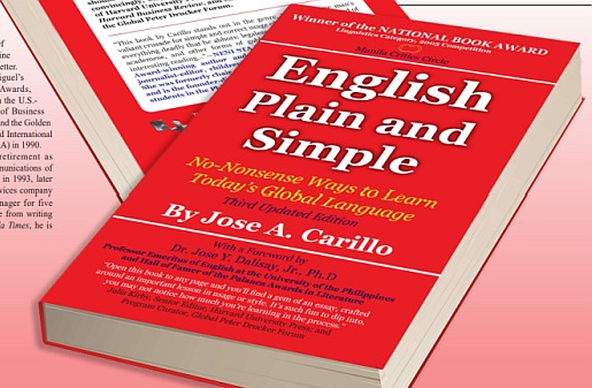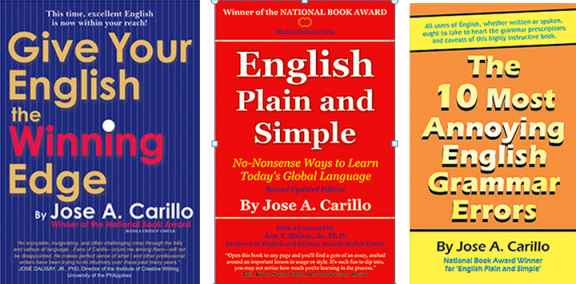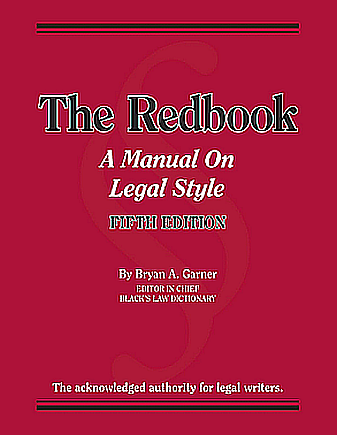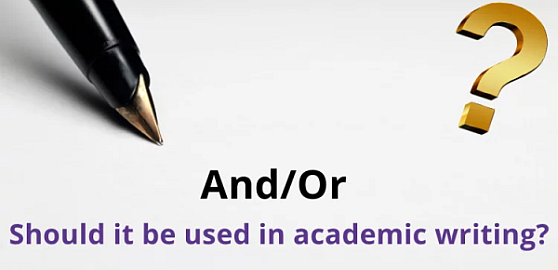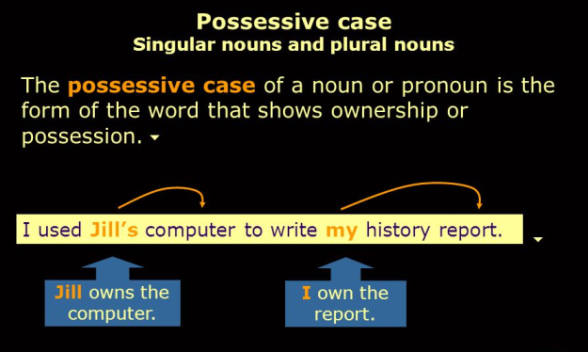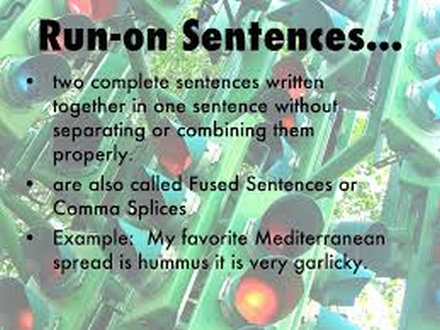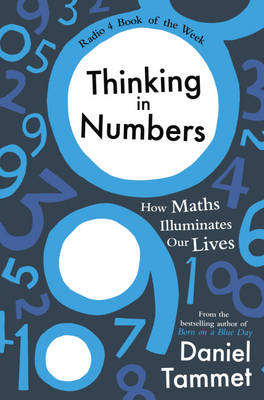81
Getting to Know English / Is your “were” in the indicative or subjunctive mood?
« Last post by Joe Carillo on November 29, 2023, 03:17:25 PM »It won’t be surprising at all if this basic grammar question still stumps not just a few English writers and speakers among us: “How do you know if a sentence that uses ‘were’ is indicative or subjunctive?” I say this because this happens to be a very-often asked reader’s question in the almost 21 years that I’ve been writing this column.
So let’s demystify this usage again by doing a quick refresher of the uses of “were,” which of course is the familiar past-tense form of the linking verb “be” in the third-person plural. In “The villagers were happy,” for example, “be” takes the form “were” because “villagers”—the subject—is in the third-person plural and the action is in the past tense. But when the subject is in the third-person singular “villager” and the action is in the present tense, “be” takes the normal form “is”: “The villager is happy.”)
Statements like “The villagers were happy” and “The villager is happy” are in the indicative mood, which in English is the mood for conveying the idea that a condition or act is an objective fact, an opinion, or the subject of a question. In such statements, the speaker is talking about real-world situations in a straightforward, truthful manner, and the linking verb “is” takes its normal inflections in all the tenses and obeys the subject-verb agreement rule.

The polar opposite of the indicative mood is the subjunctive mood, which conveys possibility, conditionality, or wishfulness rather than an objective fact or condition. The subjunctive is the mood in these sentences: “If I were the dean of that college, I would have fired that incompetent professor by now.” “They wish that their president were more circumspect in his pronouncements.”
In the first example above, note that “be” is in the plural past-tense form “were” although the subject is the singular first-person noun “I”; in the second, “be” is likewise in the plural past-tense form “were” although the subject is the singular third-person noun “president.”
This is the understandable baffling answer for why subjunctive mood sentences in English use “were.” Always keep in mind that in the subjunctive mood, regardless of the person and number of the subject, the linking verb “be” always takes the plural past-tense form “were” instead of “was” or “is.”
There are four grammatical situations that specifically need the subjunctive “were” rather than the indicative “was” or “is:”
1. When the sentence indicates a supposition or possibility. In “if”-clauses indicating a supposition or possibility, the subjunctive “were” is used regardless of whether the doer of the action is singular or plural: “If I were to accept that foreign assignment, I’d have to take my family with me.” “Many legislators would be indicted for graft if the Ombudsman were to apply the law regardless of their party affiliation.”
2. When expressing a desire or wishful attitude. In “that”-clauses that follow main clauses expressing a wish, the subjunctive “were” is used: “I wish (that) she were more amenable[/i] to a compromise.” “I wish (that) I were the class president.” The wish or desired outcome is neither a present reality nor a future certainty.
3. When describing the outcome of an unreal situation or idea that’s contrary to fact. Given a hypothetical state or outcome, the subjunctive “were” is used in expressing the condition that’s unreal or contrary-to-fact: “If its polar electromagnetic field were not there, Earth would be devastated by intense solar radiation.” Without “if,” such constructions can sometimes take an inverted syntax: “Were its polar electromagnetic field not there, Earth would be devastated by intense solar radiation.”
4. When expressing doubt about certain appearances or raising a question about an outcome. Statements that cast doubt on observed behavior or raise a question about a presumed outcome should take the subjunctive “were” form: “Rod acted as if he were the only knowledgeable newspaperman in town.”
I trust that after reading this column, the subjunctive “were” will no longer be an exasperating grammar puzzler to any English writer or speaker among us.
Read this essay and listen to its voice recording in The Manila Times:
Is your “were” in the indicative or subjunctive mood?
(Next: Dealing decisively with the “who” vs. “whom” conundrum) December 7, 2023
Visit Jose Carillo’s English Forum, http://josecarilloforum.com. You can follow me on Facebook and Twitter and e-mail me at j8carillo@yahoo.com.
So let’s demystify this usage again by doing a quick refresher of the uses of “were,” which of course is the familiar past-tense form of the linking verb “be” in the third-person plural. In “The villagers were happy,” for example, “be” takes the form “were” because “villagers”—the subject—is in the third-person plural and the action is in the past tense. But when the subject is in the third-person singular “villager” and the action is in the present tense, “be” takes the normal form “is”: “The villager is happy.”)
Statements like “The villagers were happy” and “The villager is happy” are in the indicative mood, which in English is the mood for conveying the idea that a condition or act is an objective fact, an opinion, or the subject of a question. In such statements, the speaker is talking about real-world situations in a straightforward, truthful manner, and the linking verb “is” takes its normal inflections in all the tenses and obeys the subject-verb agreement rule.

The polar opposite of the indicative mood is the subjunctive mood, which conveys possibility, conditionality, or wishfulness rather than an objective fact or condition. The subjunctive is the mood in these sentences: “If I were the dean of that college, I would have fired that incompetent professor by now.” “They wish that their president were more circumspect in his pronouncements.”
In the first example above, note that “be” is in the plural past-tense form “were” although the subject is the singular first-person noun “I”; in the second, “be” is likewise in the plural past-tense form “were” although the subject is the singular third-person noun “president.”
This is the understandable baffling answer for why subjunctive mood sentences in English use “were.” Always keep in mind that in the subjunctive mood, regardless of the person and number of the subject, the linking verb “be” always takes the plural past-tense form “were” instead of “was” or “is.”
There are four grammatical situations that specifically need the subjunctive “were” rather than the indicative “was” or “is:”
1. When the sentence indicates a supposition or possibility. In “if”-clauses indicating a supposition or possibility, the subjunctive “were” is used regardless of whether the doer of the action is singular or plural: “If I were to accept that foreign assignment, I’d have to take my family with me.” “Many legislators would be indicted for graft if the Ombudsman were to apply the law regardless of their party affiliation.”
2. When expressing a desire or wishful attitude. In “that”-clauses that follow main clauses expressing a wish, the subjunctive “were” is used: “I wish (that) she were more amenable[/i] to a compromise.” “I wish (that) I were the class president.” The wish or desired outcome is neither a present reality nor a future certainty.
3. When describing the outcome of an unreal situation or idea that’s contrary to fact. Given a hypothetical state or outcome, the subjunctive “were” is used in expressing the condition that’s unreal or contrary-to-fact: “If its polar electromagnetic field were not there, Earth would be devastated by intense solar radiation.” Without “if,” such constructions can sometimes take an inverted syntax: “Were its polar electromagnetic field not there, Earth would be devastated by intense solar radiation.”
4. When expressing doubt about certain appearances or raising a question about an outcome. Statements that cast doubt on observed behavior or raise a question about a presumed outcome should take the subjunctive “were” form: “Rod acted as if he were the only knowledgeable newspaperman in town.”
I trust that after reading this column, the subjunctive “were” will no longer be an exasperating grammar puzzler to any English writer or speaker among us.
Read this essay and listen to its voice recording in The Manila Times:
Is your “were” in the indicative or subjunctive mood?
(Next: Dealing decisively with the “who” vs. “whom” conundrum) December 7, 2023
Visit Jose Carillo’s English Forum, http://josecarilloforum.com. You can follow me on Facebook and Twitter and e-mail me at j8carillo@yahoo.com.


 Recent Posts
Recent Posts
